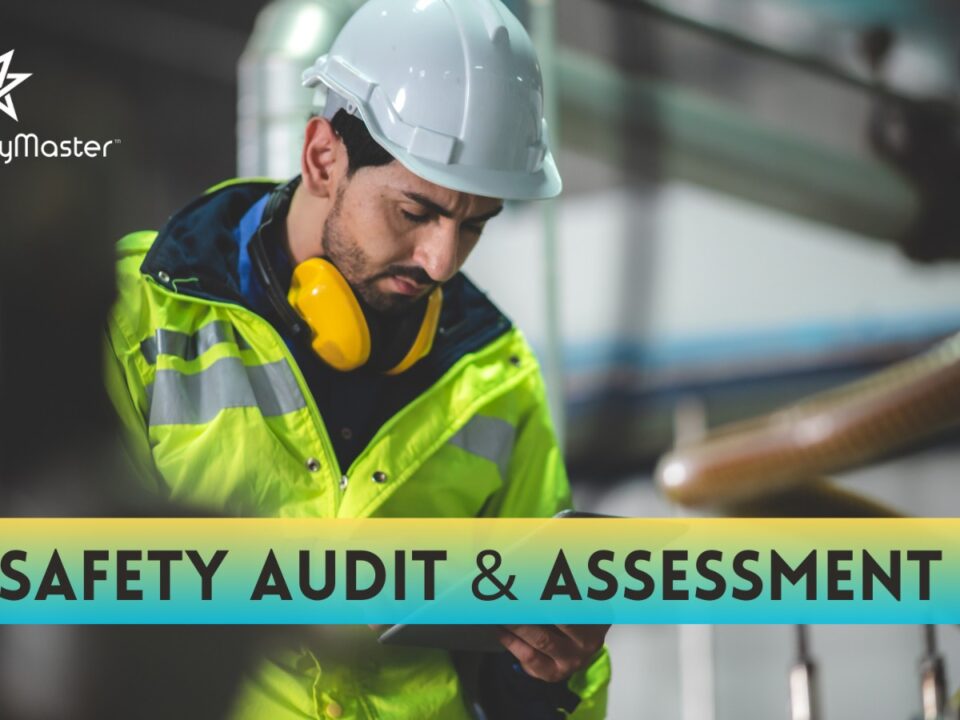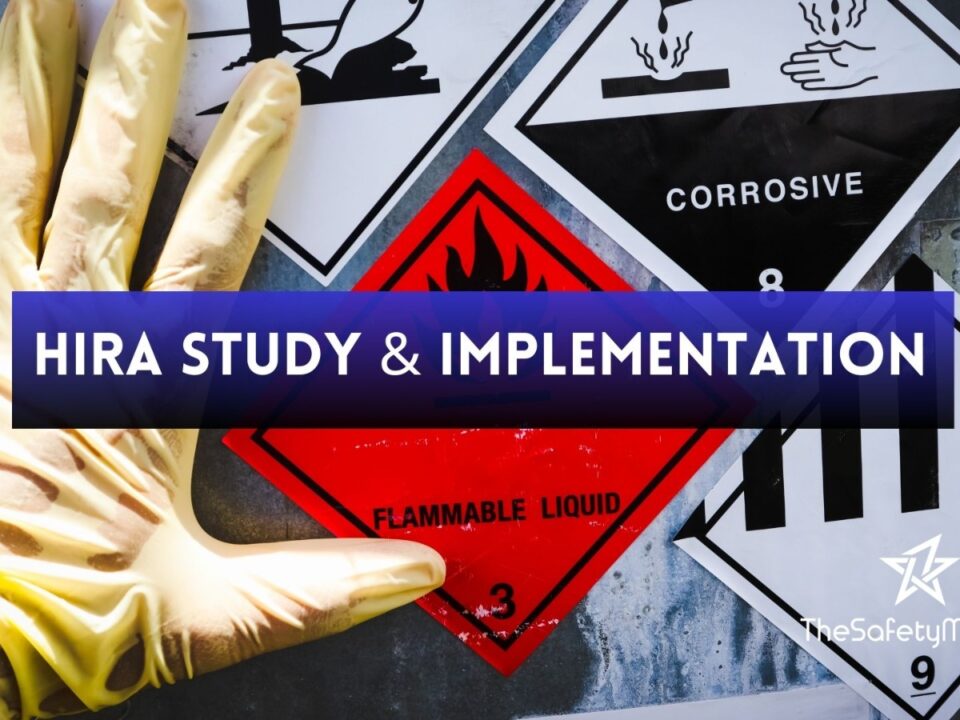How to Conduct a Successful Safety Audit

Beyond Compliance: The Safety Master’s Approach to Safety Excellence
July 20, 2023The Art of Behavior-Based Safety Training: Building a Resilient Workforce
July 20, 2023Any industry needs safety audits since they are processes created to keep people safe, increase operational effectiveness, and lower maintenance costs. The results of these audits are used to, among other things, enhance safety, assist with equipment scheduling, and establish budgets.
The possible impacts of workplace activities on health and safety are assessed and evaluated by safety consultant in India as part of a safety audit. It supports organizations in evaluating, enhancing, and monitoring their safety and health management.
Let’s find out how the top safety consultants in India conduct a successful health and safety audit:
- Plan ahead and prepared
Establish the audit’s goals and scope before you do anything else. Provide a thorough strategy that outlines the processes or areas that will be audited, the resources needed, and the audit timetable. To guarantee compliance, review applicable laws, rules, policies, and procedures.
- Create an auditing team
Choose certified auditors with knowledge of the rules, methods, and best practices in health and safety. For a fair evaluation, think about incorporating both internal and external auditors. Make that the audit team has the needed education and credentials, if any.
- Do a Complete Inspection
Examine every aspect of the workplace in detail, including the surroundings, tools, systems, procedures, and records. Check to see if they adhere to the rules, legislation, and corporate policies that are relevant. Examine health and safety-related data and documentation, such as incident reports, training logs, and licenses.
- Determine Risks and Hazards
Determine possible dangers and hazards that might endanger the health and safety of personnel. They include potential risks from physical, chemical, biological, ergonomic, and psychological factors. Analyze the efficiency of the current controls and pinpoint what needs to be improved.
- Assessment of the Health and Safety Management System
Moreover, process safety management also examines the present health and safety management system’s policies, procedures, and overall effectiveness. In order to discover, avoid, and reduce health and safety hazards, consider how consistently they are used and how successful they are. Examine the staff training programmes, emergency action plans, and event reporting and investigation processes.
- Interviewing personnel
To get input on practises, rules, and training in the area of health and safety, interview employees at all levels. Get their feedback on any dangers and hazards they may experience while working, and gauge how well they are aware of health and safety protocols. Address any issues or recommendations they might have.
- Compile and convey audit findings
Assemble the audit results into a thorough report that includes the dangers, risks, and areas for improvement that were found. Provide specific suggestions for remedial action, ranking them in order of urgency and seriousness. Make sure the right steps are done to address the findings after communicating the audit results to management, staff, and relevant departments.
Let’s Conclude
An effective safety and health audit is a continual process rather than a one-time event, so keep that in mind. Audits should be conducted often in order to monitor and improve the workplace’s performance in terms of health and safety. With the assistance of the safety master and the presence of a qualified and experienced audit team, the audit may be completed effectively and efficiently.



